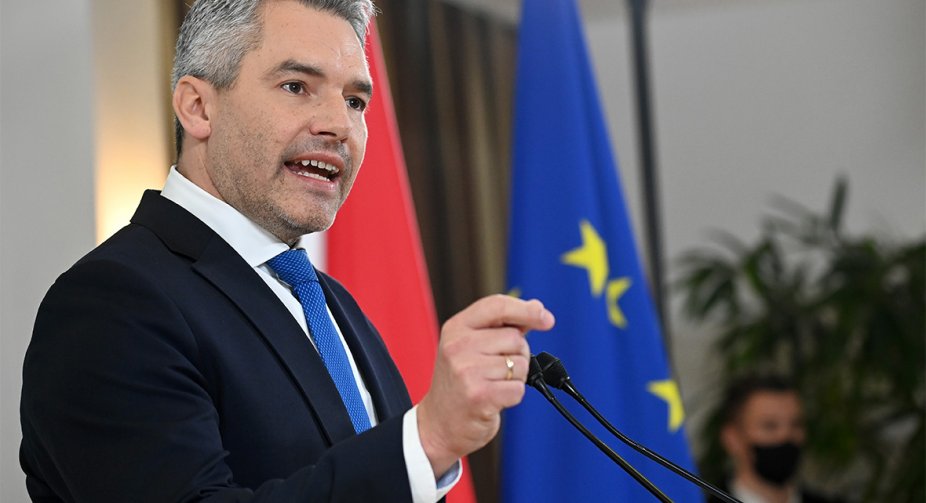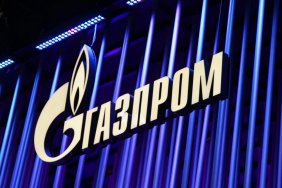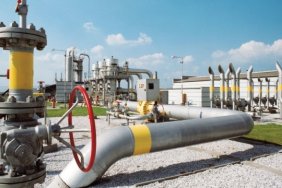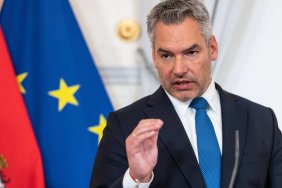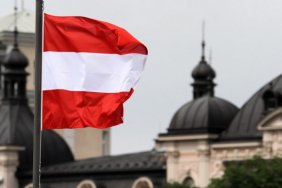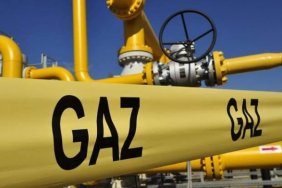Austrian Chancellor Karl Nehammer accused Russia of sabotage, saying that it deliberately did not fill gas storage facilities in Europe, which led to an extraordinary increase in gas prices. He said this during a speech at the Federal Council of Austria, writes UNN.
"It was a well-coordinated strategy of Russia and the Gazprom concern. Storages were filled only conditionally, which led to the fact that the price of gas really increased. The gas supply is secured, but of course there is tension because of the price. Gas has become more expensive than ever," Nehammer said.
The surge in energy prices, combined with under-deliveries, has led to accusations from European officials that Russia is limiting supplies to pressure authorities to certify a new pipeline. In particular, Russian President Vladimir Putin promised to increase gas supplies, saying that Nord Stream 2 could be launched "the day after" such approval.
Against this backdrop, Germany has started looking for alternative gas suppliers in case imports from Russia stop due to "tensions in Ukraine," Euractiv said.
The paper notes that Berlin is now considering the possibility of importing liquefied natural gas (LNG) from the U.S., Qatar and other potential suppliers, as announced by German Vice Chancellor - Minister of Economy and Climate Protection Robert Habek at a meeting of the German parliament back on January 26.
According to Habeck, if gas cannot be imported by pipeline, Germany "will have to buy LNG. However, importing "LNG will require the necessary infrastructure," he added, and there are currently no import terminals in Germany.
"Now we will vigorously address this issue. Where LNG will come from will also be determined by the market. We have to buy where LNG is cheaper," he promised, saying that U.S. supplies will not be given preference.
As the newspaper notes, Habek's comments on LNG signal a change in Germany's policy. It may also benefit neighboring countries. For example, Germany has no LNG terminals, but it can import LNG from neighboring Belgium (one terminal), France (four), Lithuania (one), the Netherlands (one) and Poland (one).
